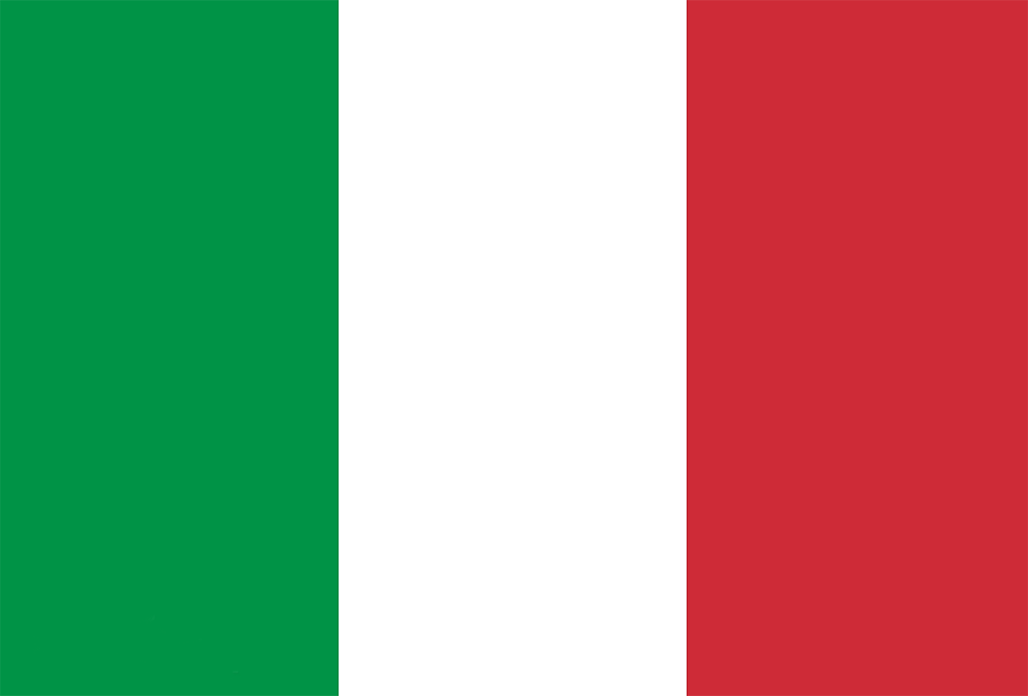certified translations
certified translations is a vital service ensuring accuracy and authenticity. At our translation company, we specialize in providing certified translations that meet various requirements of official ituitions. Whatever you need, our certified translators are trained to deliver precise translations accompanied by a certification attesting to their accuracy.
artlangs certified translations
Clients choose our translation services not only for our expertise in certified translations but also for our dedication to confidentiality and professionalism. We handle all information with the utmost care to guarantee that translations are conducted securely and discreetly. Professional certified translations services are provided by translation companies, which usually have strict quality control processes and confidentiality agreements to ensure the security of the translation process and the confidentiality of documents. We work with clients from all walks of life to provide tailor-made translation solutions that meet the specific needs and standards of different industries.
FAQ
Q: How long does it take to get a certified translation?
A: The time required for Certified Translation varies depending on factors such as the length and complexity of the document, language pair, and the urgency of the request. It's advisable to inquire about turnaround times when placing an order.
Q: How much does certified translation cost?
A: The cost of Certified Translation depends on factors such as the complexity of the document, language pair, and the service provider. Translation agencies typically provide cost estimates upon request.
Q: Can I use machine translation for certified documents?
A: No, Certified Translation must be performed by a human translator who can ensure accuracy and understand nuances that machine translation may miss. Machine translation output is not acceptable for certified purposes.
Q: Can I translate my own documents for certification?
A: No. Certified Translation usually requires an impartial third party, such as a professional translator or translation agency, to ensure the integrity and accuracy of the translation.
Q: Where can I get a certified translation?
A: Certified Translation services are offered by professional translation agencies and freelance translators specializing in certified services. It's important to choose a reputable provider with experience in the type of document you need translated.
Reviews
Finnian
Thank you for the flawless voice-over services. The talent selection and quality of recordings exceeded our expectations.
Isolde
Highly recommend your subtitling services. The subtitles were well-timed, easy to read, and captured the essence of our video content perfectly.
Latest Inquiries
To protect the privacy of our buyers, only public service email domains like Gmail, Yahoo, and MSN will be displayed. Additionally, only a limited portion of the inquiry content will be shown.
Aurora***@gmail.comCanada
Can you handle urgent translation requests? I have a project that requires quick turnaround.
Milo***@gmail.comSouth Africa
What languages do you specialize in for translation services? Specifically, do you cover less common...
Related product categories
- certified translation certificate
- certified translation dallas
- what is a certified translation
- certified translation of birth certificate
- certified birth certificate translation
- certified and notarized translation
- certified diploma translation
- certified translation professional
- certified translation spanish
- certified translator spanish
- certified translation example
- certified spanish translation
 en
en CN
CN en
en ar
ar nl
nl fr
fr de
de he
he hi
hi it
it ja
ja ko
ko pt
pt ru
ru es
es tr
tr







